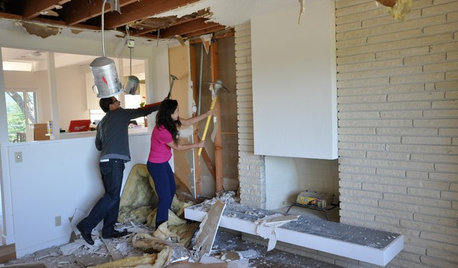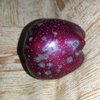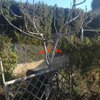Ph woes.
beeman_gardener
11 years ago
Related Stories

GARDENING FOR BUTTERFLIESGardening for the Bees, and Why It’s a Good Thing
When you discover how hard bees work for our food supply, you may never garden without them in mind again
Full Story
REMODELING GUIDESWisdom to Help Your Relationship Survive a Remodel
Spend less time patching up partnerships and more time spackling and sanding with this insight from a Houzz remodeling survey
Full StorySponsored
Columbus Area's Luxury Design Build Firm | 17x Best of Houzz Winner!
More Discussions








fruitnut Z7 4500ft SW TX
beeman_gardenerOriginal Author
Related Professionals
Middle Island Landscape Architects & Landscape Designers · Norton Shores Landscape Architects & Landscape Designers · Salisbury Landscape Architects & Landscape Designers · Allentown Landscape Contractors · Barrington Landscape Contractors · Bridgeview Landscape Contractors · Damascus Landscape Contractors · Gallatin Landscape Contractors · North Canton Landscape Contractors · Pleasant Grove Landscape Contractors · Tehachapi Landscape Contractors · University City Landscape Contractors · Vancouver Landscape Contractors · Four Corners Landscape Contractors · Winter Gardens Landscape Contractorsfruitnut Z7 4500ft SW TX
beeman_gardenerOriginal Author
beeman_gardenerOriginal Author
fruitnut Z7 4500ft SW TX
calistoga_al ca 15 usda 9
fruitnut Z7 4500ft SW TX
beeman_gardenerOriginal Author
Beeone
ack01